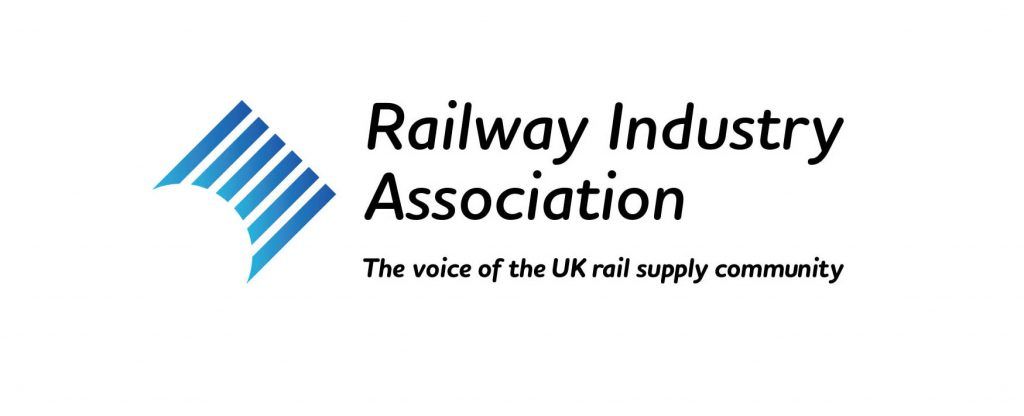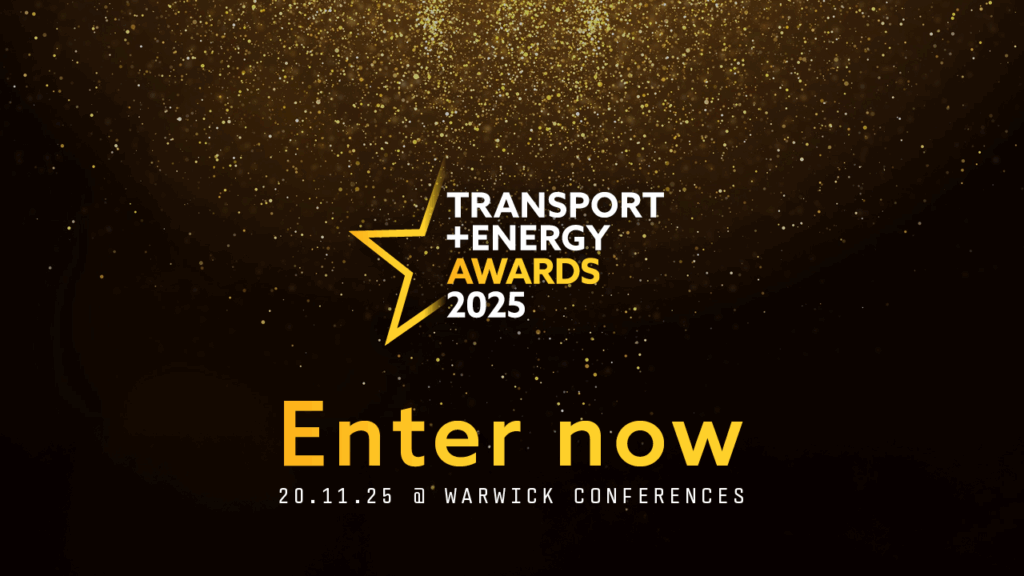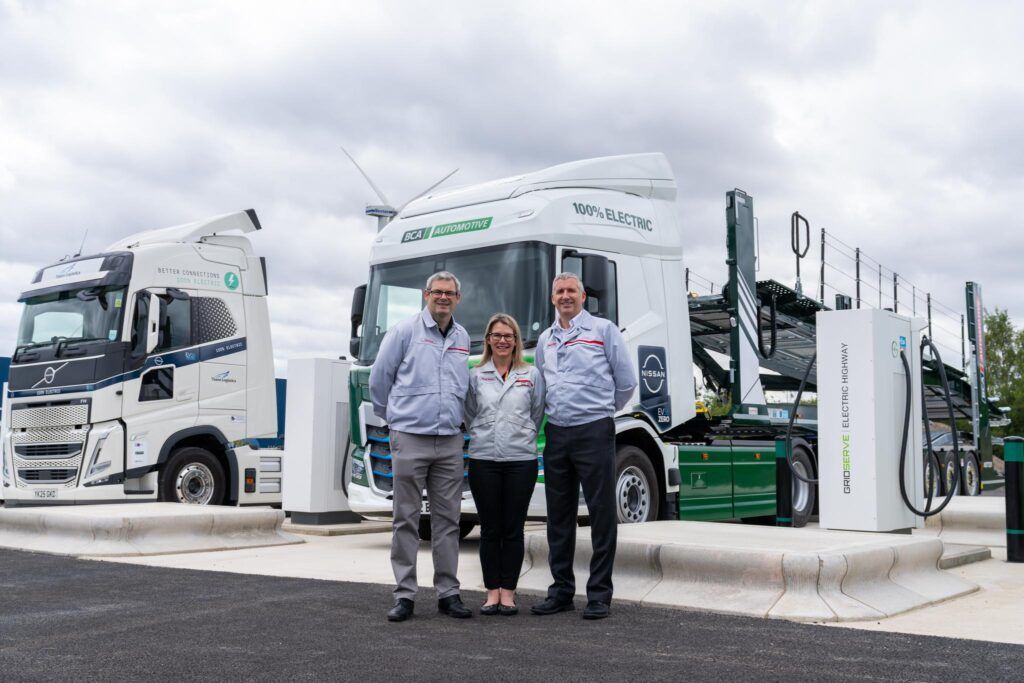An open letter to the Transport secretary Grant Shapps MP has been signed by more than 15 rail businesses and campaign groups, calling for a programme of rail electrification to begin as soon as possible.
The move, made in order to meet the Government’s legally binding net zero commitments, comes on the back of a new report, Why Rail Electrification?. The study outlines why despite battery and hydrogen trains now coming on-stream, the industry will be unable to decarbonise the rail network to the extent required without significant further electrification.
Rail has already been signposted as a low carbon method of transport – contributing just 1.4% of all transport emissions. But the industry will need to decarbonise further if it is to achieve the Government’s aim of removing all diesel-only trains off the network by 2040 and the legally binding commitment to net zero by 2050.
According to Network Rail, to decarbonise the network, 13,000 single track kilometres – or around 450km a year – of track will need to be electrified by 2050 in order to achieve Net Zero, yet from 2019-2020 only 251km was electrified.
Signatories of the letter included the Railway Industry Association, Campaign to Electrify Britain’s Railway, Campaign for Better Transport, Civil Engineering Contractors Association, ECA, Logistics UK, Northern Rail Industry Leaders, Rail Forum Midlands, Rail Delivery Group, Railfuture, RSSB.
Darren Caplan, Chief Executive of the Railway Industry Association (RIA), said: “It’s great to launch the ‘Why Rail Electrification?’ report today, as part of RIA’s RailDecarb21 campaign – calling on the Government to support efforts to decarbonise the rail network ahead of the COP26 Conference in Glasgow later this year.
“The report clearly shows the rail industry will be unable to decarbonise the network without a rolling programme of electrification. As RIA has demonstrated in recent work, electrification in the UK can be delivered affordably, at up to 50% the cost of some past projects, if there is a long-term, consistent, profile of work rather than the current situation of boom and bust.
“Crucially, a rolling programme of electrification needs to start now if the Government is to hit its Net Zero obligations, and if the railway industry is not to lose capability and expertise from the current hiatus in activity. Also, by committing to electrification immediately, UK rail could be a world leader, creating and sustaining green jobs, investment and economic growth at a critical time for the UK economy as we all seek to build out of the Coronavirus pandemic.”
Report Lead Author, David Shirres, said: “The ‘Why Rail Electrification?’ report complements Network Rail’s Traction Decarbonisation Network Strategy by explaining why electrification is both a future-proof technology and a good investment.
“If Britain is to decarbonise, transport has to be weaned off petroleum for which the only zero-carbon alternative is electricity. However, electricity can only be transmitted to fixed locations and then converted into another form of energy for on-board storage. This significantly limits a vehicle’s power and range. In contrast, electric trains collect electricity on the move from fixed current collection systems and feed it straight into their motors without any energy conversion losses. Hence, they offer efficient high-powered net-zero carbon traction with large passenger, freight, and operational benefits.
“It is hoped that this report, which is supported by rail businesses and professional engineering institutions, will be read by decision makers to enable them to understand exactly why rail electrification offers such advantages.”















